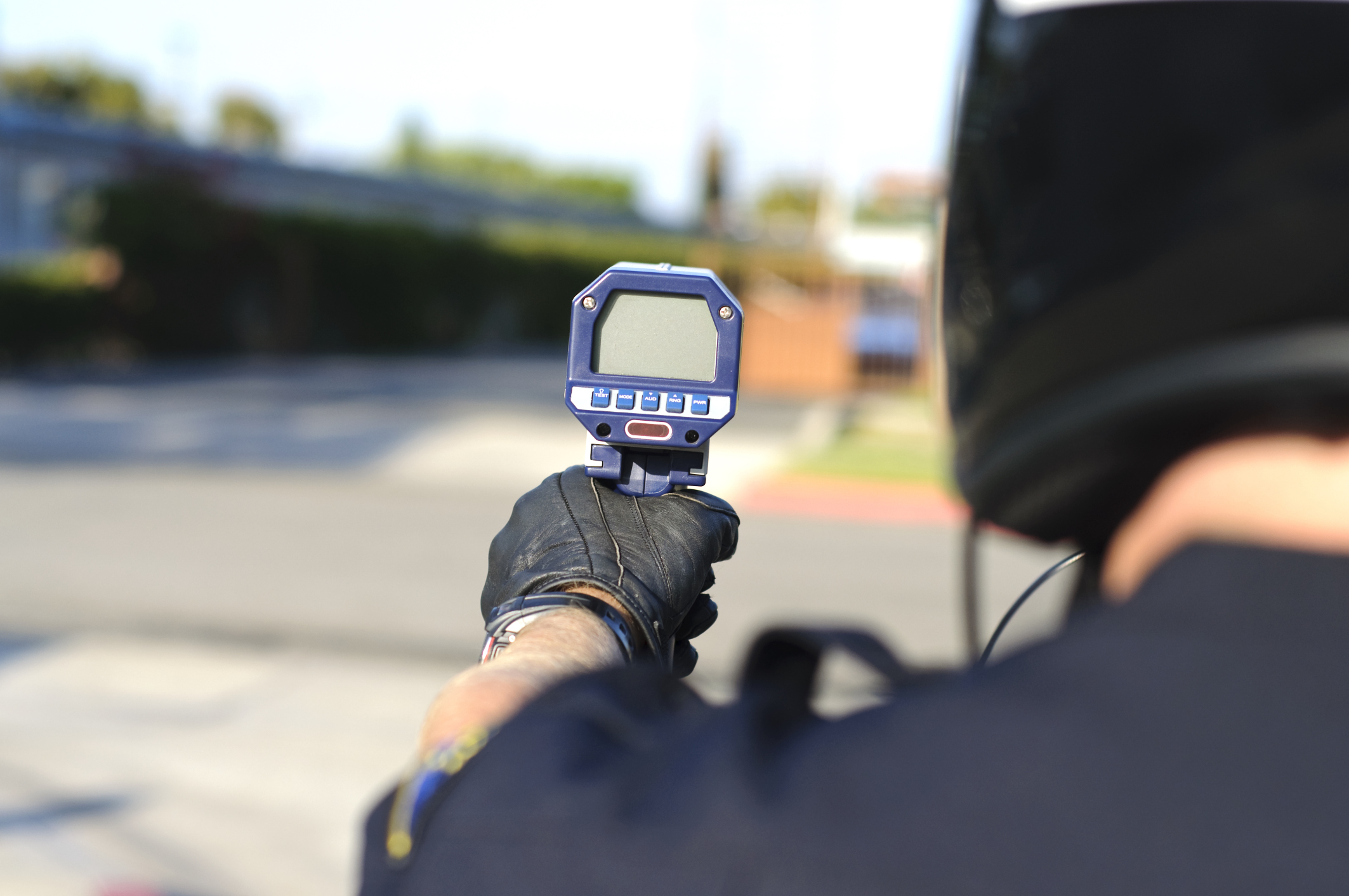
Modern Sears Imported Autos cars, trucks and SUVs provide quiet, comfortable rides that can go very fast, especially if an inattentive driver has a lead foot. Though driving over the speed limit usually wastes fuel, some drivers like spending as little time on the road as possible, so they give the accelerator an extra nudge or they bump up the cruise control until their car is going well above the speed limit. Drivers also get to enjoy the capabilities of their car. Speeding may seem fun and convenient, but when the police show up a dreadful feeling comes upon most drivers. The flashing lights could be blue, red and blue, or some other pretty color combination, but the message is universal: the party’s over.
Every day, drivers across the country get pulled over for speeding. Many of them receive citations that can cost hundreds of dollars, even for a minor infraction. Even worse, drivers get socked with higher insurance premiums that can cost thousands of dollars over 3 or more years. After receiving a traffic summons, drivers gingerly resume their trip, resolved to never exceed the speed limit ever again for the rest of their life. Has anyone thought about what would happen if everyone drove the speed limit?
Safer Highways Across the World
Of the 33,808 traffic fatalities reported for 2009 by the National Highway Traffic Safety Administration, almost one-third were caused by speeding. Add to that number a sizeable portion of the 2,217,000 injuries suffered in accidents during the same year. If everyone drove the speed limit, thousands of people would live until their natural death. Tens of thousands would never experience the trauma of a major injury.
State and Local Governments Might Raise Taxes
MSN Money and other sources have reported that state and local governments continue looking to traffic fines to support their operations during troubled financial times. As budget woes increase, governments have ratcheted up the fines levied on speeding motorists. If everyone drove the speed limit, governments would lose a major revenue stream. If governments couldn’t save enough from police and EMS layoffs, governments might need to raise taxes to compensate.
Insurance Rates Would Decline
Slower speeds mean safer roads. Faced with fewer accident claims, insurance companies would be pressured to lower their premiums for all drivers.
Fuel Consumption Would Plummet
According to the U.S. Department of Energy, every 5 miles per hour a car goes over 60 miles per hour, its fuel efficiency drops. By easing up on the accelerator, drivers will reduce the amount of gas they use. Should all drivers drive the speed limit, national demand for fuel would decline, possibly resulting in lower prices at the pump.
In a real world, chances are that some people will always exceed the speed limit. However, should a miracle happen, we will all find that we would live in a safer, less expensive world.

